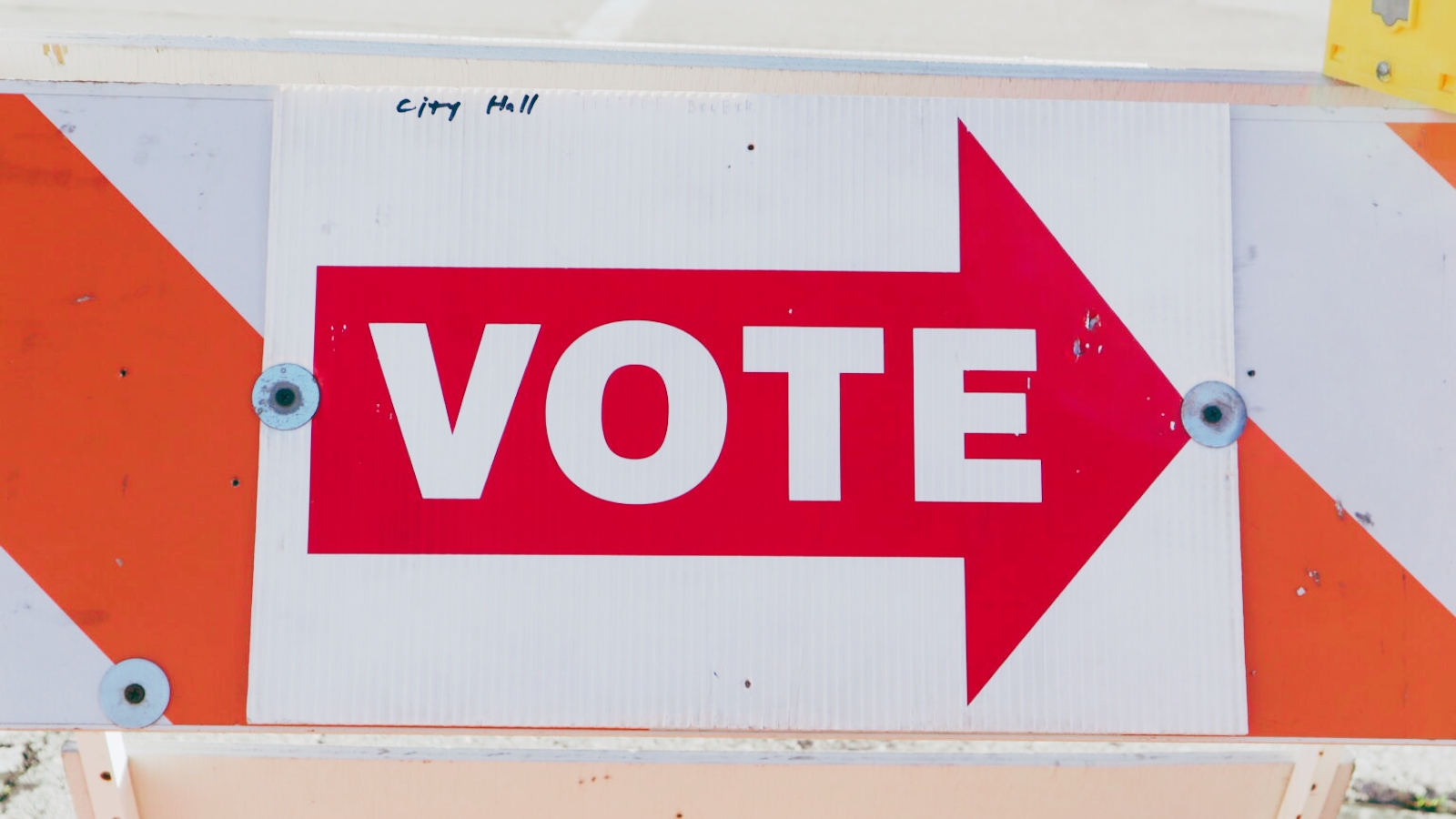
Be Vigilant: These Trump Cabinet Picks Don’t Bode Well for Privacy
It may be premature to sound the alarm on future actions that Trump may or may not take as president. His public statements and Cabinet picks, however, certainly do give hints of trends and attitudes that may turn into policy over the next four years. And from that perspective, those of us who worry about protecting the 4th Amendment against the overreach of government mass surveillance may be in for a bumpy ride.
To begin with, the president-elect himself said during his campaign that he would be “fine” with reestablishing bulk collection and storage of phone metadata. You may recall that mass collection of this data was specifically outlawed under the USA FREEDOM Act in 2015 after Edward Snowden revealed the extent to which the government was collecting — unconstitutionally — telephone metadata without a warrant.
Trump’s pick for National Security Advisor, retired general Mike Flynn, is hard to pin down on the specific issue of surveillance. His defense intelligence background and his unabashed support for other extralegal practices such as torture do not inspire confidence that he would be a principled defender of due process. Senator Sessions too, Trump’s pick for the nation’s chief law enforcement post, has a record of supporting the expansion of the government’s ability to spy on Americans en masse.
But most concerning so far is Trump’s pick of Mike Pompeo to head the CIA. Pompeo made pretty explicit what he thought of constitutional restrictions on government surveillance in an article he co-wrote early in 2016. The article stated that:
Congress should pass a law re-establishing collection of all metadata, and combining it with publicly available financial and lifestyle information into a comprehensive, searchable database. Legal and bureaucratic impediments to surveillance should be removed.
While I like and respect Pompeo on many other issues, on due process and privacy he’s as wrongheaded as it’s possible to get. The right to not be subjected to government surveillance unless justified by a specific court order follows directly from the protection against undue search and seizure found in the 4th Amendment of the Constitution. That’s no mere “legal and bureaucratic impediment.”
As Rare’s Jack Hunter notes about Pompeo, he appears not to “understand that the purpose of the Constitution and our Bill of Rights isn’t to protect terrorists, but innocent civilians from rogue, unlimited government power.”
It’s worth noting that we don’t know who Trump will tap for the crucial roles of director of national intelligence or director of the National Security Agency. But early indications don’t point towards a good outcome there either.
Though the CIA and NSA are supposed to focus their intelligence gathering overseas, the never-ending War on Terror has provided them (and the FBI) with ample opportunity and motive to turn the defense surveillance apparatus upon U.S. citizens. In doing so, these agencies frequently ignore the 4th Amendment’s demands that such an invasion of privacy should at least be accompanied by a judge’s warrant.
This turn towards domestic surveillance isn’t necessarily malicious in intent. The intelligence community has a natural interest in constantly expanding their ability to spy on our information — it’s their job (though they do swear oaths to defend the Constitution as well). That’s why it’s crucial that someone be watching the watchmen to tell them “no” when they’ve overstepped their bounds.
We stand at a critical juncture in policy as it relates to digital surveillance. The rapid advance of technology leads us to create ever larger quantities of personal electronic data for the government to harvest, often in cooperation (sometimes indistinguishable from coercion) with the private sector. From access to bulk phone data, to collection of our actual communications and browsing habits, to the security of strong encryption, to the use of mobile data collection like license plate scanners and cell tower simulators, it is becoming increasingly possible for the government to know everything we do in real time.
That intimate level of knowledge can be used to protect us by identifying potential terrorists, but can just as easily be used against innocent citizens in the hands of less-than-benevolent stewards. This realization has led to the recent formation of a bi-partisan Fourth Amendment Caucus in Congress dedicated to providing legal boundaries against the expansion of government mass surveillance.
Judging by the early signs coming from the Trump administration, we will need this vanguard against the further erosion of our constitutional civil liberties.
This article originally appeared on Conservative Review.
Free the People publishes opinion-based articles from contributing writers. The opinions and ideas expressed do not always reflect the opinions and ideas that Free the People endorses. We believe in free speech, and in providing a platform for open dialogue. Feel free to leave a comment.



